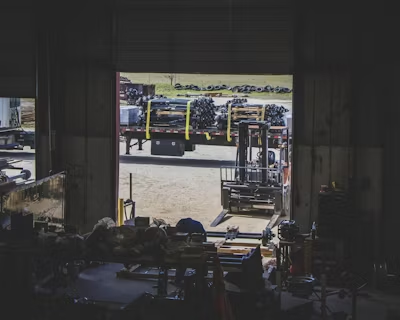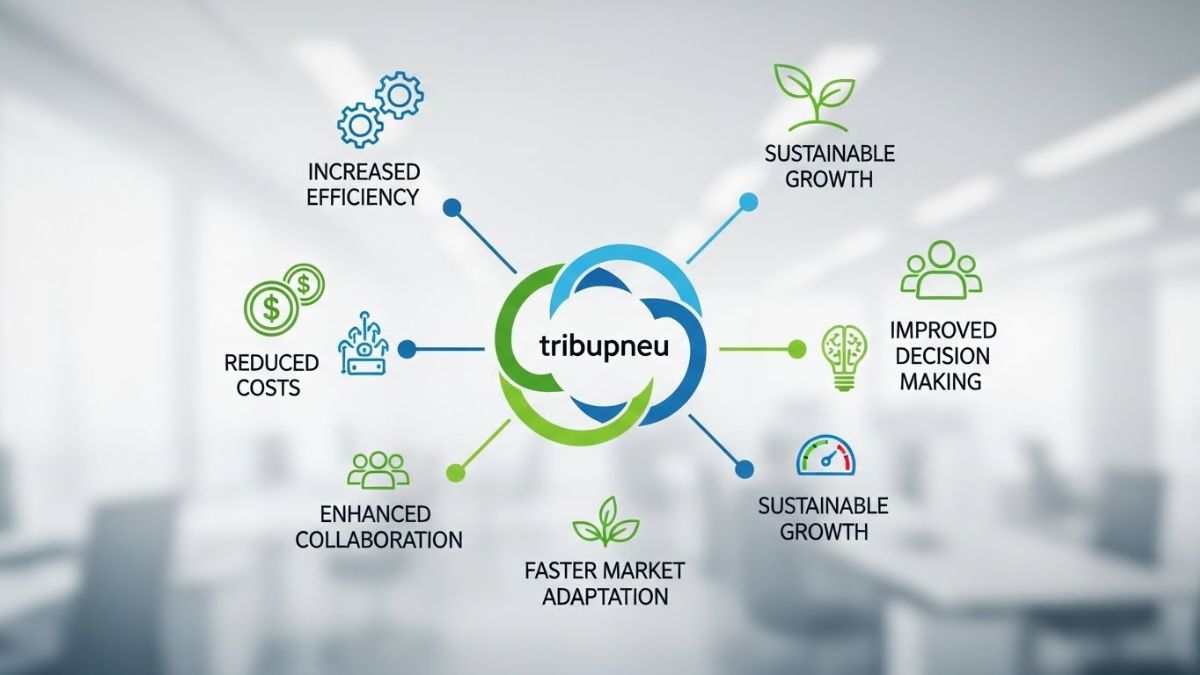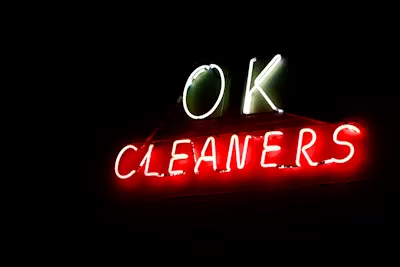Lifted trucks have become increasingly popular among off-road enthusiasts, tradespeople, and even everyday drivers looking to make a bold statement. Whether you want to conquer rugged trails or turn heads on the road, a lifted truck offers both performance advantages and stylistic appeal. However, one key decision often sparks debate—should you buy a lifted truck or build one yourself?
This decision affects cost, performance, and even your long-term satisfaction with the vehicle. From convenience to customization, both options come with their own set of benefits and challenges. In this article, we’ll explore the 7 pros and cons of buying vs building a lifted truck to help you make the best choice for your goals and budget. Whether you’re considering a fully modified Ford custom truck from a dealership or a DIY project in your garage, understanding the trade-offs is essential.
Pro: Buying Saves Time and Hassle
One of the biggest advantages of buying a lifted truck is how much time and effort you save. When you purchase a truck that’s already been modified, everything is done for you—lift kit, tires, suspension, and possibly even custom paint jobs or interior upgrades. You can drive it off the lot and hit the road immediately.
For someone who needs a truck for immediate use, such as for work or outdoor adventures, the convenience of a ready-to-go option is unbeatable. You avoid the weeks (or even months) it could take to research, order parts, and perform the installation yourself or through a shop.
Con: Buying Limits Customization
While buying a lifted truck is fast and convenient, it comes with limitations—particularly in customization. The previous owner or manufacturer made the decisions about lift height, parts brands, wheel sizes, and overall design. If you’re someone with specific preferences for off-road capability, aesthetics, or brand loyalty, you may find yourself stuck with modifications you don’t fully love.
Customizing a pre-lifted truck after purchase can also be more expensive, especially if you need to reverse or redo certain changes. So, while buying saves time up front, it can cost you more in the long run if you want to make the truck truly your own.
Pro: Building Gives Full Control Over Every Detail
When you build your own lifted truck, you’re in the driver’s seat for every decision—literally and figuratively. You can choose the exact lift kit you want, select your favorite brand of tires, and ensure the modifications align with your intended use, whether that’s rock crawling, towing, or just cruising in style.
This control allows for a much more personalized and purpose-built truck. It also gives you the satisfaction of knowing how and why everything was done. If you’re a gearhead or someone who thrives on customization, building gives you a unique opportunity to make your vision come to life.
Con: Building Can Be Time-Consuming and Frustrating
While building a lifted truck offers full customization, it also demands a significant investment of time, patience, and knowledge. Researching components, coordinating with shops, waiting for parts to arrive, and handling unexpected issues can stretch a project much longer than anticipated.
If you’re not mechanically inclined, you’ll also need to find and trust a shop to handle the build—which introduces additional costs and variables. Even small mistakes during installation can lead to safety issues or the need for costly corrections.
For busy individuals or those without mechanical experience, the build route can quickly become overwhelming.
Pro: Buying May Offer Better Financing Options
One of the often-overlooked benefits of buying a lifted truck from a dealership is access to financing. Dealerships typically roll the cost of modifications into the total vehicle price, which can be financed through traditional auto loans. This can make it easier to afford a high-quality, fully modified truck without paying everything upfront.
On the other hand, building a truck usually involves piecemeal payments for parts and labor, which can’t be bundled into an auto loan unless you work with a very specific lender. This can limit your ability to take on a larger project unless you have cash on hand.
Con: Resale Value Can Be Risky Either Way
Whether you buy or build a lifted truck, resale value can be unpredictable. In some cases, modifications reduce the number of potential buyers, especially if the lift is extreme or uses off-brand components. Insurance costs may also increase with modifications, affecting ownership expenses.
If you buy a lifted truck, the market value may be inflated due to the aftermarket additions, but buyers may not be willing to pay a premium for mods they didn’t choose. On the other hand, a custom-built truck may reflect your tastes too specifically, making it harder to sell later on.
While well-built lifted trucks with name-brand components do tend to hold value better, neither path guarantees a good return.
Pro: Building Helps You Learn Your Vehicle Inside and Out
When you build a lifted truck, you gain an intimate understanding of how it operates. You become familiar with each part, how it was installed, and how it affects the performance of the truck. This knowledge can be invaluable for future repairs, upgrades, or troubleshooting on the road or trail.
Even if you don’t do the wrenching yourself, being involved in the build process helps you communicate more effectively with mechanics or modification shops in the future. It builds a deeper connection to your truck and boosts your confidence in maintaining it long term.
Con: Buying Can Lead to Hidden Problems
Just like with any used vehicle, buying a pre-lifted truck comes with risks. You may not know the quality of the parts used or whether the lift was professionally installed. Some previous owners might cut corners—choosing cheaper components or skipping essential safety modifications like re-gearing or brake upgrades.
Without a full inspection, you could end up with a truck that looks great but handles poorly or wears out tires and suspension parts prematurely. If you choose to buy, it’s crucial to request documentation of the modifications and have a qualified mechanic do a full inspection before committing.
Pro: Buying Offers Warranty and Peace of Mind
One major benefit of purchasing a lifted truck from a dealership or certified modifier is the potential for warranties. Some manufacturers or specialty dealers offer warranties on their lifted models, covering the vehicle as well as the modifications. This can offer peace of mind, especially if you’re concerned about the reliability of an altered suspension system.
Having a warranty means you won’t be stuck paying out of pocket for issues that arise from poor installation or defective parts. That level of protection is rarely available when you build the truck yourself, especially if you’re sourcing parts from multiple vendors.
Con: Building Requires Budget Discipline
A custom build can easily spiral out of budget if you’re not careful. Between lift kits, shocks, wheels, tires, driveshaft adjustments, and labor, costs can mount quickly. Without a clear budget and plan, you might find yourself halfway through a project with insufficient funds to complete it.
Impulse upgrades and last-minute changes can be tempting, especially when you’re deep into forums or social media inspiration. Sticking to a plan—and making sure your build matches your actual needs—is key to avoiding financial headaches.
Conclusion
Deciding whether to buy or build a lifted truck is a personal choice, and both paths have their unique strengths and drawbacks. Buying offers convenience, instant gratification, and potential warranties—but can limit your creative control. Building gives you full customization, personal satisfaction, and an in-depth understanding of your vehicle—but demands time, effort, and often a higher level of commitment.
Whether you’re eyeing a Ford custom truck from a trusted dealership or planning a DIY lift project in your garage, weigh these pros and cons carefully. Your decision should align with your budget, timeline, mechanical skills, and long-term goals. With the right approach, either route can get you behind the wheel of a lifted truck that’s both functional and uniquely yours.
Let me know if you’d like a version tailored for SEO, a specific tone, or focused on a certain truck model or brand.











